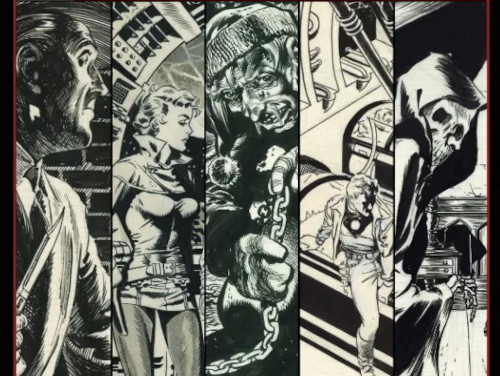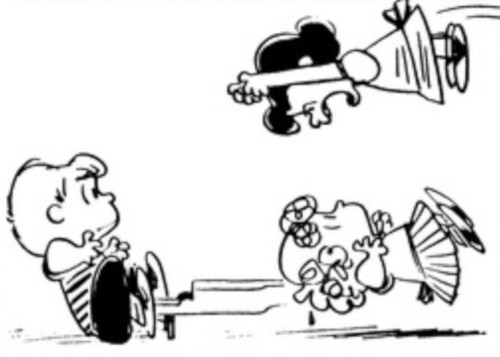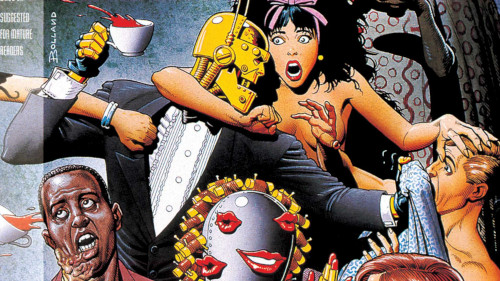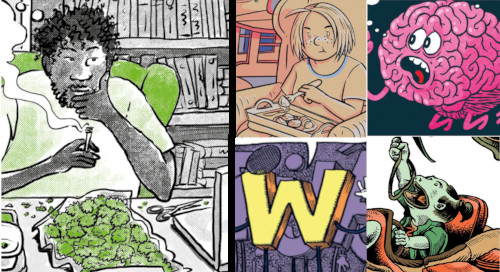
This podcast continues to be a booster of Chad Bilyeu (“Chad in Amsterdam“), and he’s been busy lately! In addition to releasing the second issue of The Re-Up, his recollection of that time when he was a pot dealer, he’s also curated an anthology, called Megillah Sunday Funnies, that is also a museum show (through May 26, 2023) and auction of the original work in the publication, by 35 different indy creators. This time, Tim and Kumar dig into both.
Brought to you by:
Podcast: Play in new window | Download

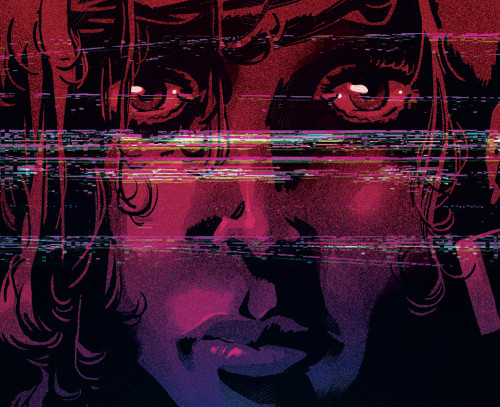

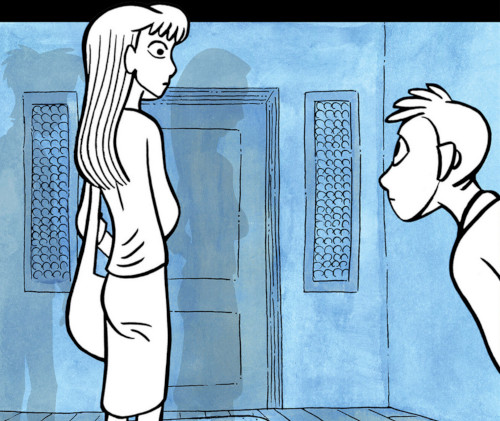
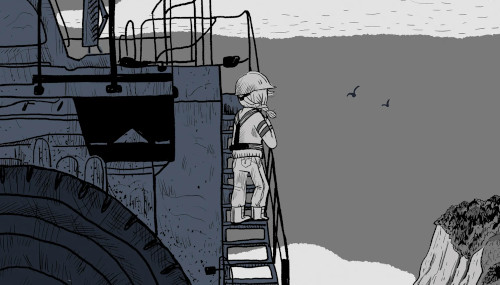
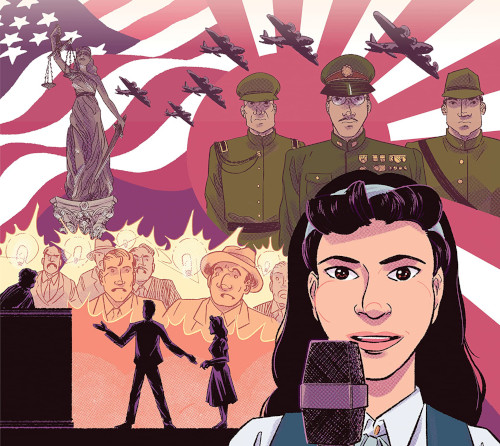 If you’re at all aware of Tokyo Rose, it’s most likely simply as a woman heard over a radio in a movie set in World War II. But who was she, how did she end up in that situation, and what was the result for the war effort and for her? Tokyo Rose- Zero Hour is a new graphic novel by Andre Frattino and Kate Kasenow that fills us in on Iva Toguri, a Japanese-American woman who, under very odd circumstances, found herself working at Radio Tokyo during the war. Tim and Kumar review.
If you’re at all aware of Tokyo Rose, it’s most likely simply as a woman heard over a radio in a movie set in World War II. But who was she, how did she end up in that situation, and what was the result for the war effort and for her? Tokyo Rose- Zero Hour is a new graphic novel by Andre Frattino and Kate Kasenow that fills us in on Iva Toguri, a Japanese-American woman who, under very odd circumstances, found herself working at Radio Tokyo during the war. Tim and Kumar review.
